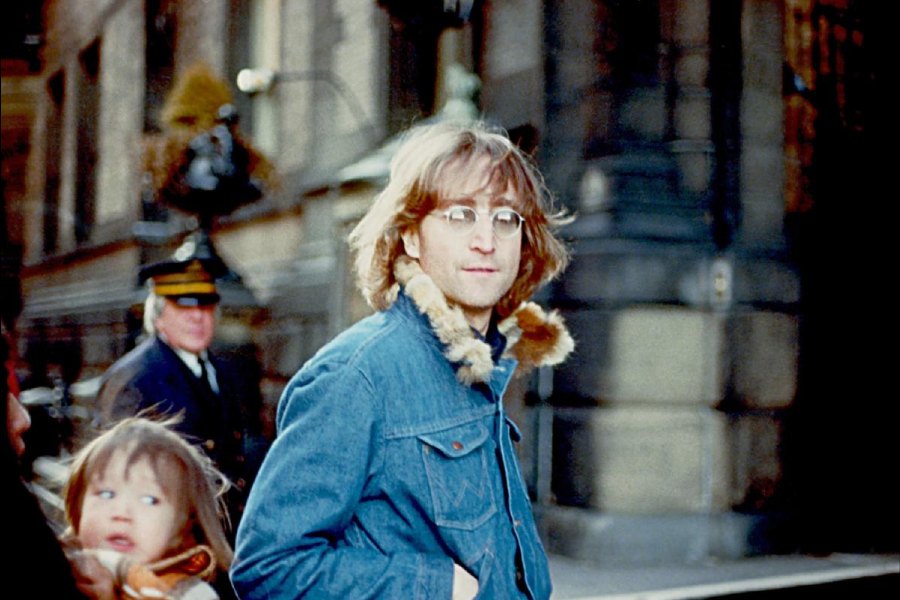Is it possible to have a life centered around a family and a child and still be an artiste?” John Lennon once asked. For decades, admirers of John Lennon have lingered around the Dakota apartment of the singer, who was shot to death on December 8, 1980, as he returned from a recording session at nearly 11pm. The building at the corner of 72nd Street and Central Park West in New York has become a shrine for his devotees.
Apple TV+ will present a deeply researched examination of Lennon’s murder on December 6. Premiering globally, the three-part docuseries John Lennon: Murder Without A Trial was granted extensive Freedom of Information Act requests from the New York City police department, the board of parole and the district attorney’s office; and the series includes exclusive interviews including Richard Peterson, a taxi driver who was witness to the shooting; Jay Hastings, a doorman at the Dakota who heard Lennon’s last words; David Suggs, Mark David Chapman’s defense lawyer; Elliot Mintz, a confidant to Lennon and Yoko Ono; and Dr Naomi Goldstein, the psychiatrist who first assessed Chapman.
In the decades since his death, he has become one of popular culture’s battlegrounds, attracting biographers as well as hagiographers. His persona is well-documented and he worked on it since the early Beatles years, when he established himself by writing thought-provoking lyrics. His humour was another aspect that we remember through news conferences and in his books, In His Own Write in 1964 and A Spaniard in the Works in 1965, besides the posthumous Skywriting by Word of Mouth in 1986.
His post-Beatles albums captured his internal struggles, particularly John Lennon/Plastic Ono Band (1970), which followed several months of “primal scream” therapy with Arthur Janov and included songs that tried to exorcise childhood traumas. His brilliance was captured in albums like Imagine (1971) and Mind Games (1973).
In 1975, Lennon stopped making records to concentrate on bringing up his and Yoko’s son, Sean. (He also had a son, Julian, by his first wife, Cynthia). He never regretted giving up life on the road to focus on family. During this time he made several home recordings, the last of which, Now and Then, was released a few weeks ago and is considered the “final” Beatles record. He was shot a few weeks after he released his final album, Double Fantasy, which contained the optimistically titled Starting Over.
Chapman, who is now 68, continues to be in prison. He was denied parole the 12th time last year. He is serving a 20-years-to-life sentence at Green Haven Correctional Facility in New York.










